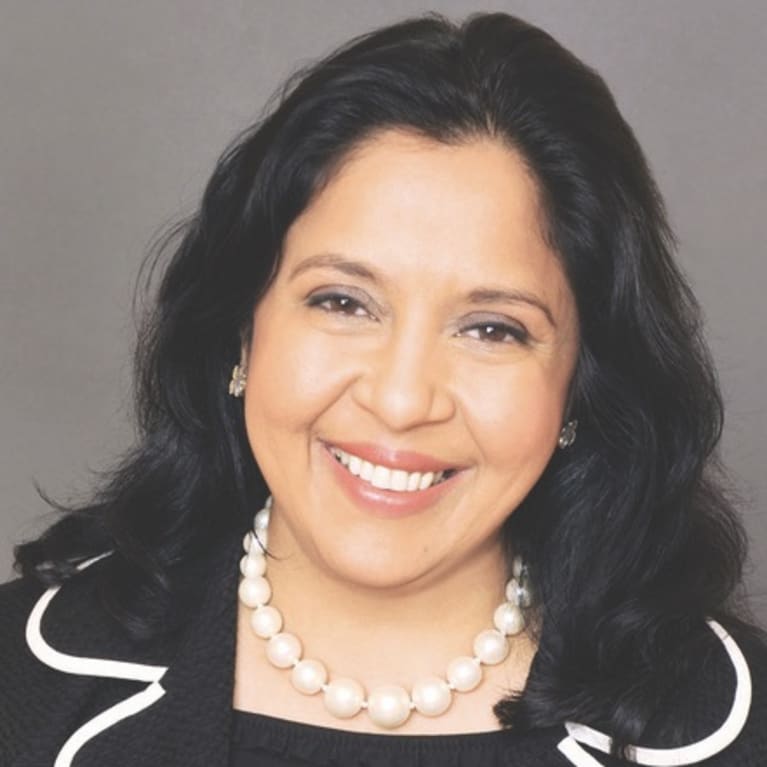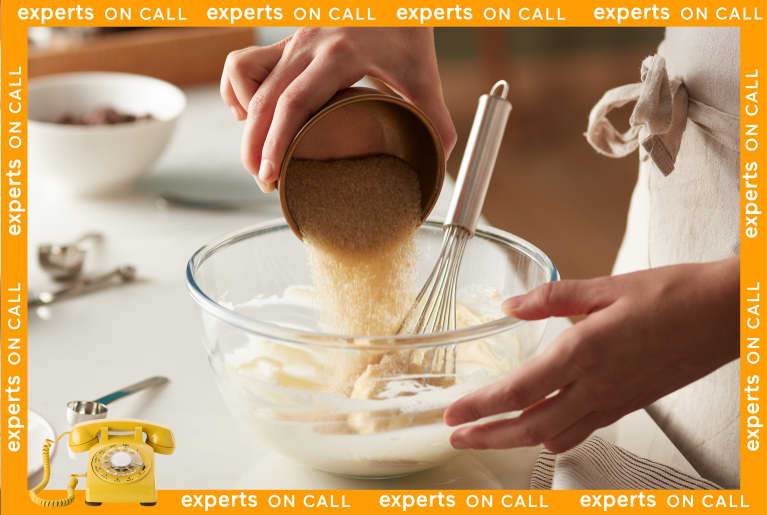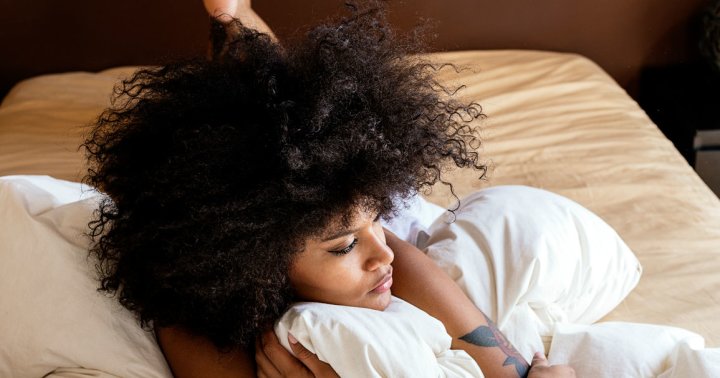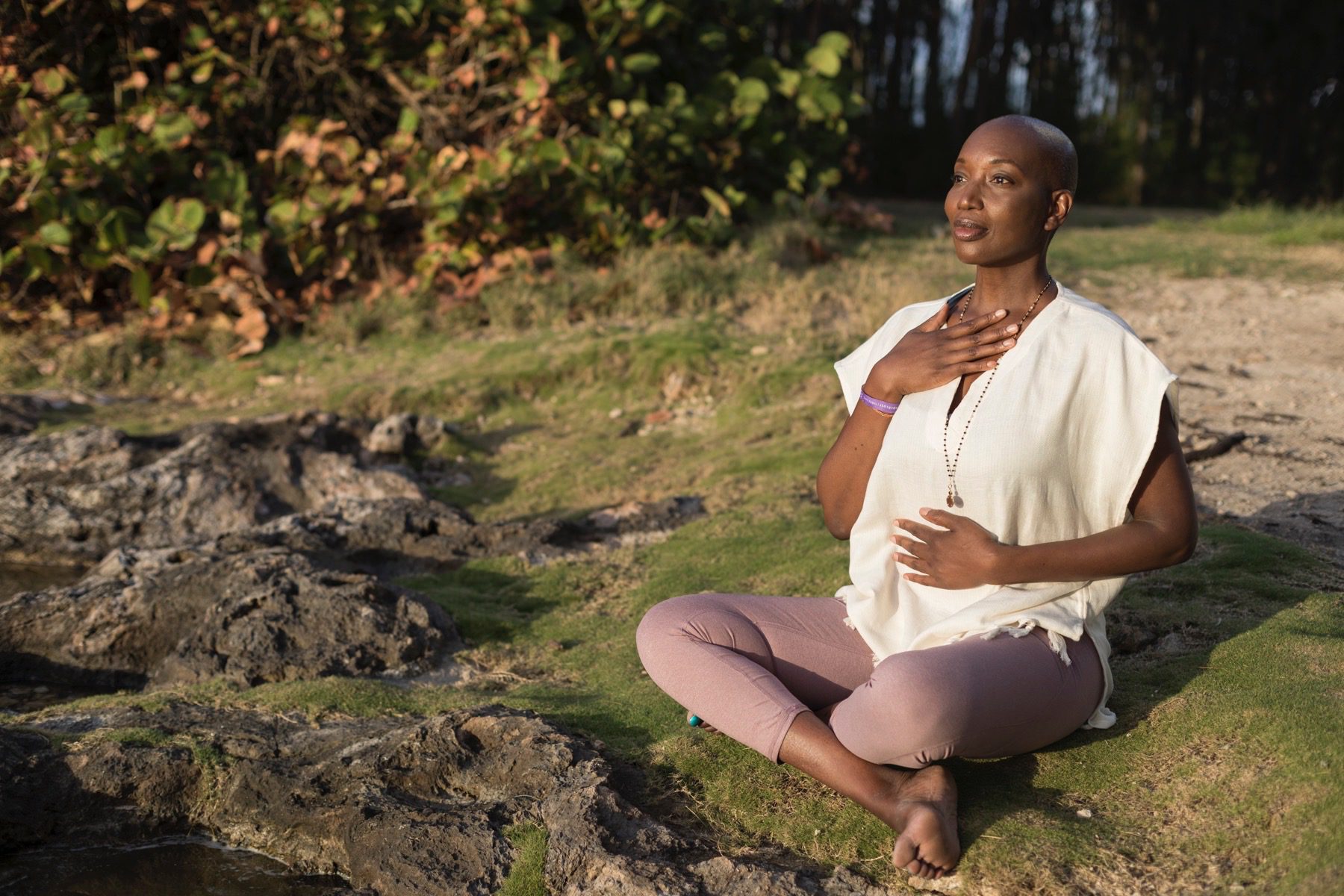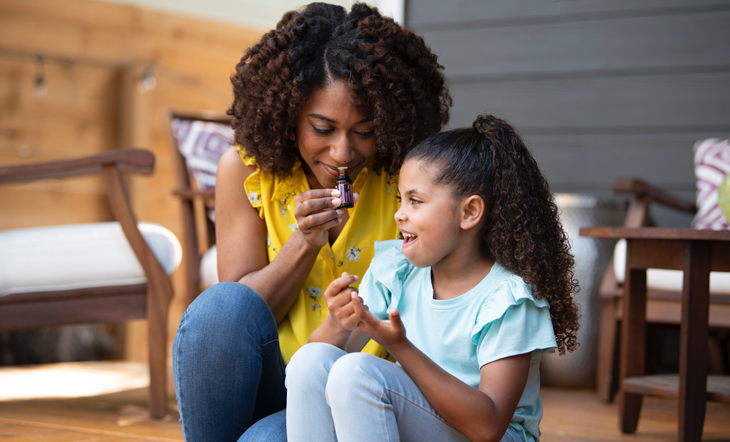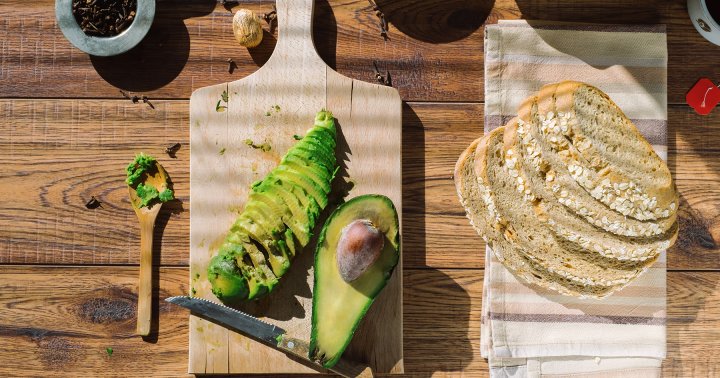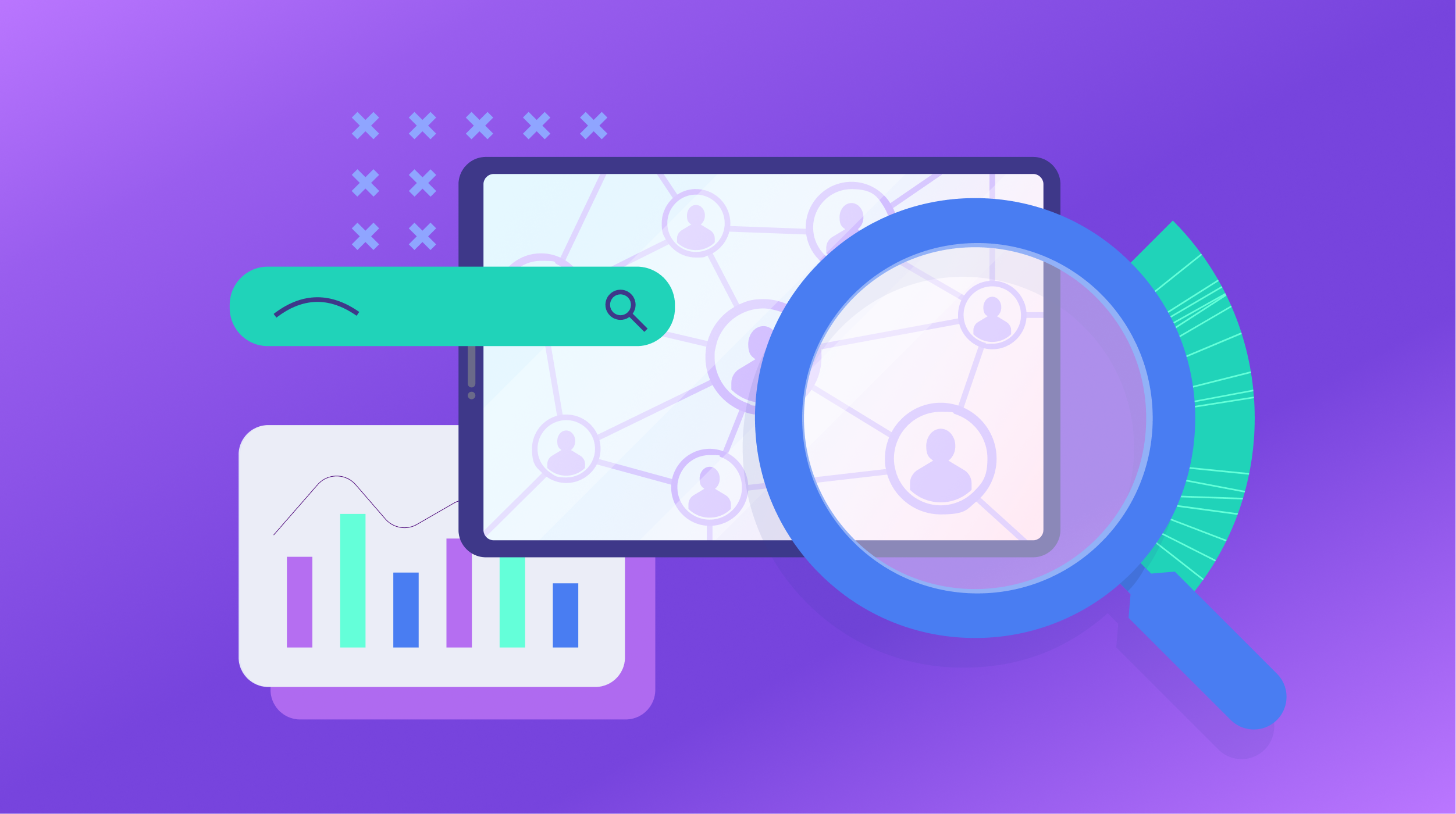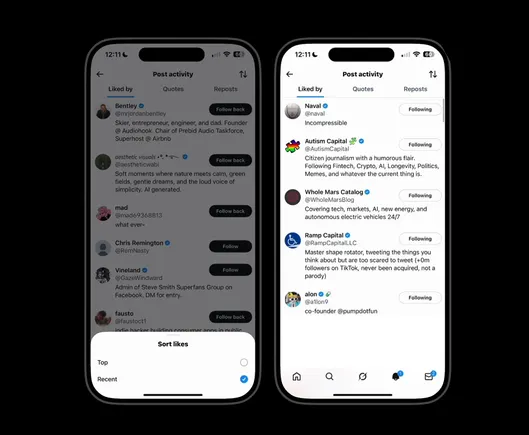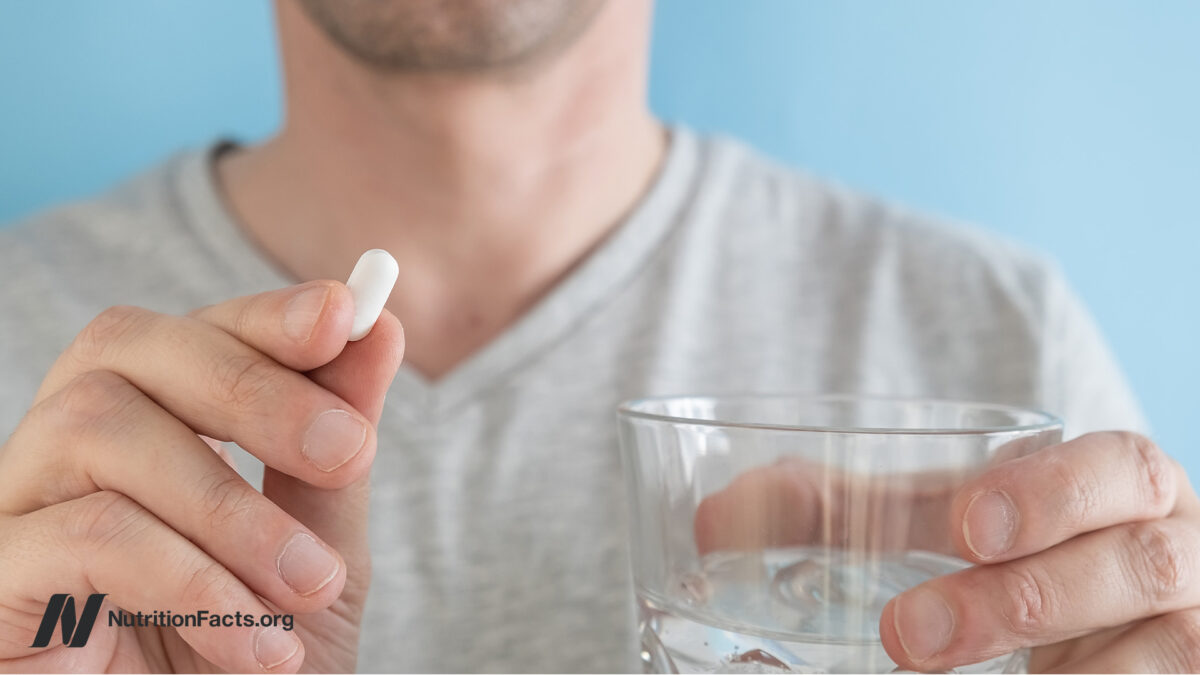Doing Dry January? Watch Out For This Surprising New Craving
Plus, how to keep those cravings under control.
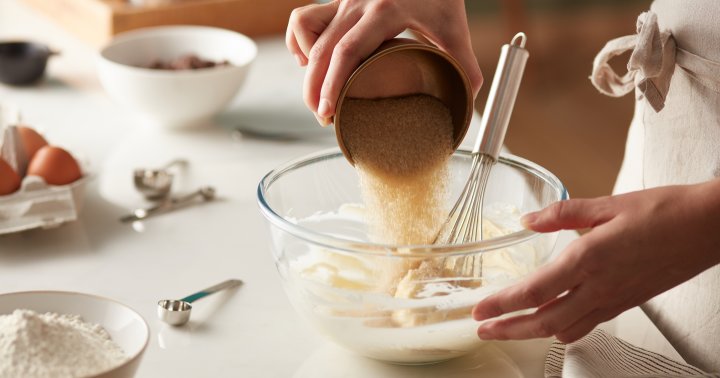
The year 2020 was one of the most challenging in modern history, one that took a toll on our mental and physical health. To help you through it, we launched Experts On Call, a new series in which top-tier health and well-being experts answer your questions—however big or small—to help you find solutions, put together a game plan, and make each day a little bit easier. Don't forget, you can ask questions anytime, and we'll do our best to find the right expert to point you in the right direction. Without further ado, here's another edition of the series.
Why do I get a sweet tooth when I quit drinking?
There are plenty of science-backed reasons to give up drinking for a bit, which is why many people participate in Dry January. Research has shown temporary abstinence from alcohol can reset your health meter and may even support long-term well-being. Keeping the benefits in mind might not make the journey any easier, though.
Saying no to cocktails with friends and red wine with dinner are obvious and foreseen challenges, but battling a sudden new sugar craving may be less expected. Here's the scientific rationale for your newly adopted sweet tooth.
Why does giving up alcohol lead to sugar cravings?
Physiologically speaking, when we consume alcohol, the body converts it to sugar. This leads to a subsequent spike in blood sugar levels, so when we engage in Dry January (or any break from alcohol) our blood sugar levels will drop.
Due to evolution, this feeling of deprivation will cause the body to kick into survival mode. In response to the sudden absence of sugar, your senses will gravitate toward cookies, candy, or any other sugary snack.
Additionally, sugar can mimic the effects that alcohol has on the brain. "They both increase dopamine, opioids, and serotonin release in the brain," integrative doctor Erika Schwartz, M.D., tells mbg. "The release is associated with a reward circuit that is activated in addiction-related behaviors, which is why alcohol and sugar are so addictive to humans." In other words, sugar may be replacing that "buzz" you get from alcohol.
How to overcome sugar cravings, without turning back to alcohol.
Depending on how much alcohol you were drinking before, here are a few tips to overcome your new sugar cravings:
Rather than giving in to the craving right when it strikes, wait it out. Drink water or tea to fill your stomach, and see if the desire for sugar lessens. Some people notice they overcome their cravings by not immediately "feeding" them. If the craving does persist, know that it's OK to give in.
2. Find healthy dessert alternatives and recipes.
If your sugar cravings are frequent, it's best to opt for natural, whole foods options over highly processed sugars. Think banana "nice cream," healthy chocolate mousse, dark chocolate, and homemade granola, to name a few. Including small servings of fruit is another way to modulate a sweet tooth and maintain a healthy, balanced diet.
3. Sip on a nonalcoholic, healthy beverage.
These days, there are plenty of mocktail recipes and nonalcoholic drinks meant to replicate your favorite boozy beverages. Drinking sparkling water with citrus or berries might also hit the spot. Try drinking them out of your favorite cocktail glass for a more similar experience.
4. Distract yourself with positive activities.
Welcoming positive distractions, to keep you from fixating on alcohol or sweets, can be helpful. Here are a few things I recommend:
Remember: If your alcohol cravings persist or feel out of control, seek help from a trusted friend or professional so they don't become a greater issue. If your sugar cravings feel intolerable, too, consider seeking guidance from a dietitian or doctor so they can rule out potential underlying conditions.
https://www.mindbodygreen.com/articles/sugar-cravings-after-quitting-alcohol

 FrankLin
FrankLin 